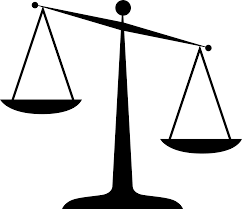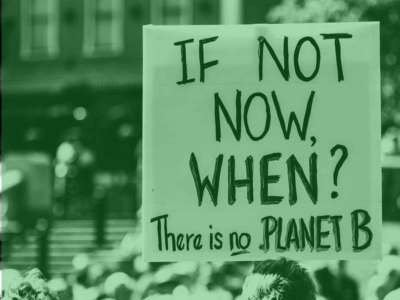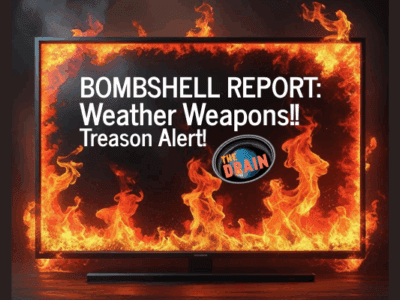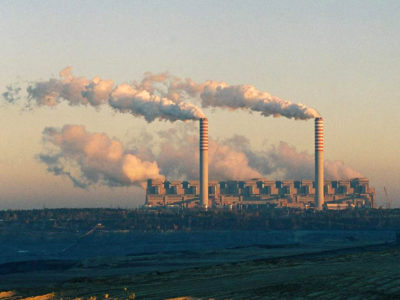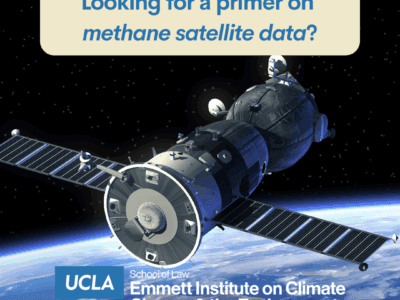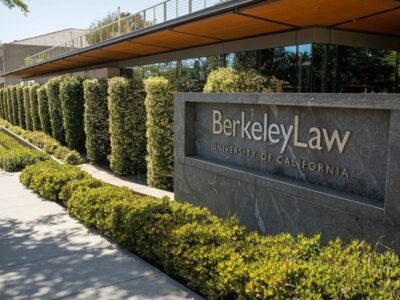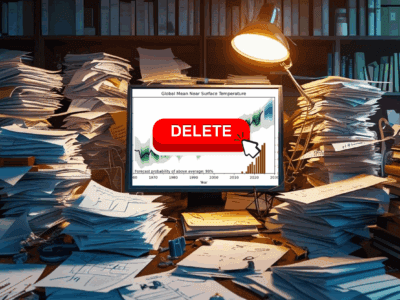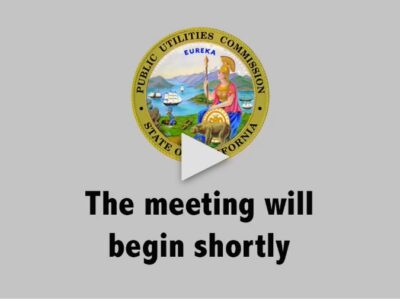State Agencies Respond to Trump’s EV Threats
A solid list of proposals - are they enough?
The Trump Administration and Congress have spent much of the year attacking vehicle electrification efforts–everything from executive orders threatening electric vehicle policies and incentives (in the name of promoting “true consumer choice”) and the repeal of vehicle emission standards (backed by false claims of consumer savings) to the elimination of EV tax credits and manufacturing programs and the purported elimination of California’s preemption waivers for ...
CONTINUE READINGWhich Effects Count?
Conservatives argue that only the effects that they care about should matter.
Not that long ago, conservatives demanded that the government balance costs and benefits. They still do, but with a twist: They demand special limits on consideration of environmental effects. But that makes no sense. Whatever rules we have about costs should apply to all types of costs, and the same with benefits. The result of the skewing the analysis is, not surprisingly, that we get conservative results more often. Take a recent Supreme Court case, Seven Cou...
CONTINUE READINGStates Should Not Wait to “Make Polluters Pay”
Guest contributors Laura Fox and Doug Kysar write that now is the right time for more states to adopt climate accountability laws, despite ongoing legal challenges.
As states weigh whether to adopt climate accountability legislation like Vermont’s Climate Superfund Act, some are hesitating out of concern that the Second Circuit’s decision in City of New York v. Chevron Corp., 993 F.3d 81 (2d Cir. 2021), dooms such efforts. That concern is misplaced. In fact, now is precisely the time for states to act. Not only is City of New York v. Chevron limited in scope and geographic reach, but the U.S. Environmental Protection Agen...
CONTINUE READINGWhy Does Misinformation Follow Extreme Weather?
The Drain is a weekly roundup of environmental and climate news from Legal Planet.
Nowadays when an extreme weather event strikes in America, what follows is a secondary emergency in the form of misinformation on social media. We’ve seen it play out after floods and heat waves, but this phenomenon really goes into overdrive after hurricanes and wildfires. A recent report from the Center for Countering Digital Hate looked at why this happens and concludes that Meta, X, and YouTube helped spread misleading information after Hurricanes Helene and...
CONTINUE READINGThe Woeful Economics of a Misguided Rollback
The costs of Trump’s rollback of key climate rules far outweigh any benefits.
The Trump Administration’s proposed rollback of Biden’s standards for fossil fuel generators will cost American dearly. A new analysis by researchers at Resources for the Future, a highly respected economic think tank, minces no words. The researchers modeled the effects of repealing the Biden regulation (which they call the CPS for Carbon Pollution Standards), using updated energy demand projection and taking into account the One Big Beautiful Bill (OBBB). Acc...
CONTINUE READINGWhat Do Bureaucrats Maximize?
New research demonstrates that governments can reduce intractable emissions problems -- if they have the right incentives
It’s no secret that Delhi has perhaps the worst air quality in the world, and it’s also no secret that crop-burning in nearby agricultural areas is one of the principal causes (along with topography). But what can you do about it? It’s illegal already, but because crop-burning is a cheap and effective way to get rid of agricultural waste after the harvest, and farmers just won’t listen. Or will they? A new policy brief in Nature by Columbia's Gemma D...
CONTINUE READINGHow Methane Satellites Work and Why it Matters
This new UCLA Law report aims to help policymakers understand the science and utility of methane satellites.
These days, I'll take progress on climate change where I can get it. And one place to look right now is up -- literally. New satellites are providing never-before-seen data about global methane sources, helping policymakers, industry, and others target that superpollutant in new ways. Today, some colleagues at UCLA Law and I are releasing a new report aimed at helping policymakers understand these new tools, along with their uses and limits. With this report...
CONTINUE READINGDear 2025 1L:
It’s no secret that this is a dark time for people who care about the environment. The Trump Administration and the Republican Congress have converged on the goal of boosting fossil fuels. Their solution to the environmental harms caused by these fuels is to deny the seriousness of climate change, weaken air pollution regulations, and upend protections for ecosystems and endangered species. In short, we are digging ourselves deeper into a hole. Although these are ...
CONTINUE READINGThe Energy Secretary Pushes Pseudoscience
The Drain is a weekly roundup of environmental and climate news from Legal Planet.
Remember alternative facts? That catch phrase from Season 1, Episode 1 where Trump officials lied about the size of his inauguration crowd has now metastasized into a governing philosophy for how federal agencies plan to ignore, and ultimately exacerbate, the climate crisis. Trump 2.0 is pushing alternative science. Late last month, Energy Secretary Chris Wright and the Energy Department rushed a report called "Critical Review of Impacts of Greenhouse Gas Emission...
CONTINUE READING“Hi, Can you Hear Me?” A CPUC Debrief
The California Public Utilities Commission heard an earful about neighborhood decarbonization. Here's the input from Californians who support climate action.
More people who want climate action should attend public forums like the ones that the California Public Utilities Commission held last Thursday regarding the selection of neighborhood decarbonization projects. More of us should sit on these calls and sign up to speak. Even if we aren’t party to a specific proceeding or don’t feel expert enough. Or don’t want to dedicate one hour of our lives to hearing fellow callers struggle with the mute button and then wast...
CONTINUE READING



